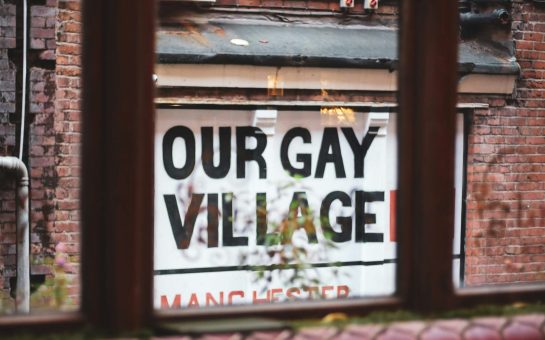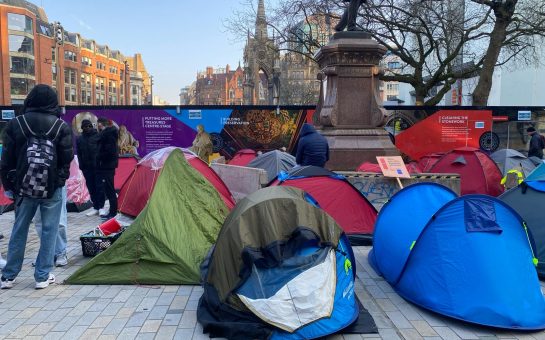A man who conspired with his brother to carry out the 2017 Manchester Arena bombing that killed 22 people has been jailed.
Hashem Abedi, 22, has been found guilty of 22 counts of murder, of conspiracy to cause a life-endangering explosion and of attempted murder.
The explosion, which saw Abedi’s brother Salman enter the arena premises and detonate a device that they had both created, killed 22 concertgoers and injured nearly 1000 more members of the public. Salman also died upon detonation.
“This verdict marks the end of a very long investigation by police and the CPS and we know many will welcome it, but we also know that even this will do little to ease the pain caused to so many people,” said Assistant Chief Constable of Greater Manchester Police, Russ Jackson.
“Salman Abedi exploded the bomb which caused this devastation, but people now know that this horrific attack was planned with his brother, Hashem Abedi.”
One witness at Abedi’s six-week trial at the Old Bailey in London suggested that he had developed an extremist mindset, in that he “believed in terrorism”.
In the lead up to the attack, Abedi sourced materials to make the explosive by persuading close acquaintances to purchase chemicals, the jury heard.
Chemicals were delivered to a Lindum Street, Rusholme address, one of three involved in the brothers’ preparation for the explosion. Other addresses used were a flat on Somerton Court, Blackley and a flat in Granby House in Manchester city centre, where the final version of the bomb was constructed.
Both brothers flew to Libya on 15 April 2017 to visit family, leaving their bomb components in a Nissan Micra they had recently bought and parked in Rusholme.
On 18 May, Salman flew back to the UK alone, where he collected the materials from the car and finished assembling the explosive at Granby House.
On 23 May, the day after the Manchester Arena detonation, Hashem Abedi was arrested in Libya for the attack and was finally extradited to the UK in July last year.
Despite being in Libya at the time of the explosion, Assistant Chief Constable Jackson stated that Abedi “is every bit as guilty as his dead brother”.
“He was his brother’s driver, the quartermaster sourcing deadly material and the munitions technician in those months running up to the attack.”
Upon returning to the UK, Abedi refused to answer questions put to him by police and absented himself from court during his trial.
Sir Richard Leese, leader of Manchester City Council, said: “I’d like to thank Greater Manchester Police for their determined efforts to get Hashem Abedi extradited and their painstaking investigation which brought him to justice.
“Help is available for anyone affected by the trial who may be struggling through the Greater Manchester Resilience Hub and I’d encourage anyone who needs it to make use of it.”
Leese revealed that the council is consulting with victims’ families on the final design of a permanent memorial to those killed or injured in the attack.
Mohammed Shafiq, CEO of the Ramadhan Foundation, a Greater Manchester organisation that works to build cohesion between communities, says it wishes to pay tribute to the families of the victims, the survivors and Manchester citizens, who have shown “truly inspiring” dignity.
“We stand together against this evil and we will not be defeated by such deranged and brainwashed individuals,” said Shafiq.



